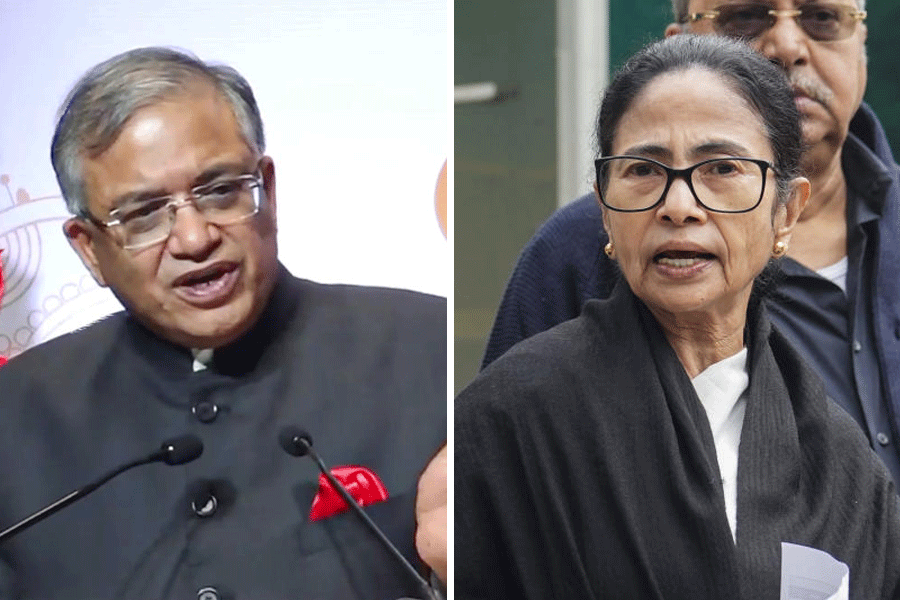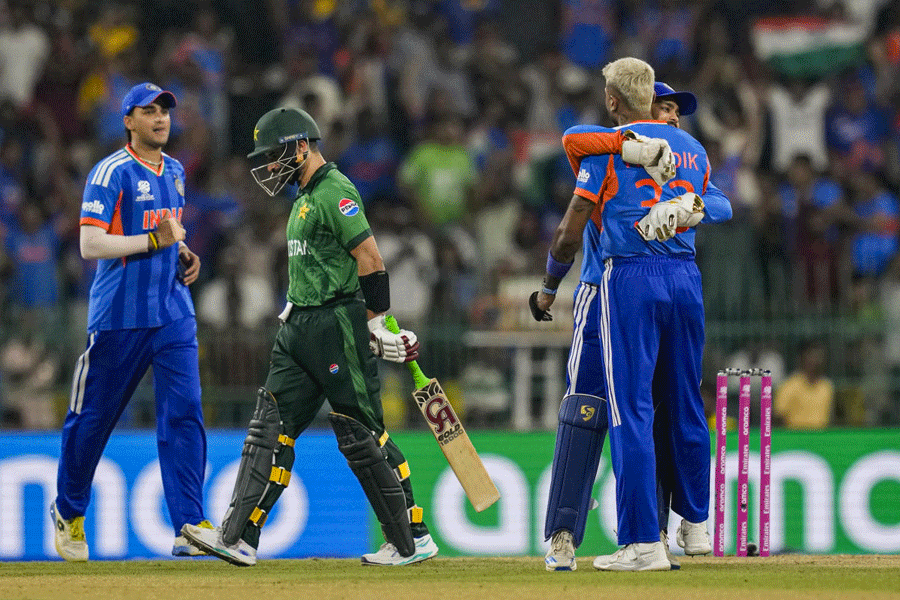|
|
When I start to worry about the time I spend online, I try, by way of mitigation, to find real-world equivalents for virtual states. On one such occasion, thinking of my Facebook friends, three-fourths of whom I’ve never met, I decided that in the world before the Web, they would have been pen pals. The analogy broke down at once because of the difference in scale, amongst other things. No adults had pen pals when I was young, most kids I knew had none either, a daring minority had one and only people with no sort of life at all, had more. Now, most people I know have scores of Facebook buddies; some have thousands and they’re nearly all grown-ups.
I have no good reason for being on Facebook. In this, I’m not alone because there isn’t a good reason for being there. (There is, however, a very good reason for not being on Facebook: people in the real world don’t give you updates about fictional crops and make-believe cows, not unless they’re daft in which case you ignore them or have them counselled.) Facebook’s original rationale, that it allowed us to link up with long-lost school and college friends, was always something of an alibi: we all know that we lose touch with people mainly because we want to. Of my 400 ‘friends’, perhaps four belong to this lost-and-found category.
Nor are we on Facebook on account of its instant messaging facility because Google Talk and Yahoo and Windows Messenger do that better, in a more full-featured way. No, we’re on Facebook because we’re losers twice over: we’re narcissistic and needy. I, for example, will sometimes post links to things I’ve published on my ‘Wall’ and check for comments. This seems an acceptable way of dredging my acquaintanceship for praise without actually soliciting it by mass-mailing everyone. It’s a superior sort of exhibitionism, a discreet form of flashing.
Social networks like Facebook reassure people that it’s okay to be themselves by introducing them to people exactly like themselves. These sites make the baseness of our real selves respectable by making us normal. For example, when you’re social climbing or chatting people up for some instrumental or selfish reason in real life, you’re unlikely to announce, while shaking hands, that you’re a climber and a schmoozer. But on Facebook, these inhibitions disappear: every other person on that site declares in writing, for all the world to see, that he or she is on Facebook to ‘network’. We like these sites because they allow us to be vulgar in a shared, comradely sort of way.
One reason why so many of us switched to Gmail from Hotmail and Yahoo was because Gmail’s little green status dots gave us a way of knowing if our correspondents were online and available. And we knew that they could see us online too, so there were amusing status messages to be composed or, better still, location announcements to be made in Gmail’s discreet grey font that let the people we knew into the irresistible story of our cosmopolitan wanderings. Cambridge. New York. London. Benaras, even.
Email is the one online facility that is more or less literally like a real-world activity: letter-writing. Before people discovered Facebook, they spent most of their time online writing letters, which was a useful and sociable thing to do. I must have written fewer than a hundred letters till I was nearly 40; then I acquired an email account and in the 15 years I’ve been online, I’ve written some 20,000 letters, telegraphic messages and acknowledgements.
Till recently, the email message was wonderfully democratic. You couldn’t use costly vellum or subtle fragrances to lift your mail above the common ruck. The material, the form of every email was basically the same; emailing was letter-writing without embellishment.
Then the Blackberry came to town, after which the corporate citizens of the online world began to send their clients and customers (and oddly, even their friends) little notes that always ended in the same way: ‘Sent from my Blackberry’. This is, of course, exactly equivalent to saying ‘bought with five crisp 1,000-rupee notes’ or ‘wiped with absorbent long-staple linen-rich paper’ or ‘written with my gold-nibbed pen while playing with my onyx fly-buttons’, but the ethereal nature of the email message makes the flaunting seem less obnoxious, impressive even.
Nowhere is this mix of narcissism and need more evident online than on Twitter. Twitter, for those who aren’t familiar with it, is a way of broadcasting into cyberspace non-urgent telegrams about yourself. Actually, sometimes these little messages can be urgent and pointed (the way the last Iranian election was tweeted is a case in point), but most of the time tweets are little bulletins about our lives in 140 characters or less.
Jack Dorsey, who created Twitter in 2006, was pleased with the name because it suggested a short burst of inconsequential information, which is exactly what most tweets are. But the main reason so many people tweet (Twitter has a hundred million users now) is because the service divides the world into leaders and followers, pirs and murids, while holding out the promise that everyone online can aim to become a charismatic presence. Vir Sanghvi has more than 400,000 Followers who sign up to have his every tweet delivered to their Twitter page; Shashi Tharoor has twice as many.
Interestingly, nearly all these Followers are adults; demographically, only 10 per cent of Twitter’s users are 17 or under. So the massively Followed feel stroked and stoked while their Followers feel they’re in the swim of things, au courant in a fuzzy, ambient way. Theoretically, of course, the Followed can also Follow and many do, but the virtual world, like the real one, is an unequal place. Thus Shashi Tharoor follows all of 47 people.
One of the main reasons why the Web is such an immersive experience is that it is for some a more responsive place than the real world. People who would never have replied to a letter, respond instantaneously to email. The lag between writing something and getting a response to it grows smaller and smaller online. With instant messaging the responses come so quickly that we begin to talk in writing.
Even outside of private communication, in the Web’s more public spaces, we can publish ourselves on blogs and Twitter and Facebook walls and find readers who write in. I once blogged for a cricket website and the process of uploading comments on my posts changed the way I wrote. All of us write to be read but nowhere is our readership so instantly available as in the comments section of a blog. It changed the way I wrote my posts; I began to write for custom and I counted the success of each post by the number of comments it racked up.
The Web, in one of its many avatars, is a giant exchange that magically brings writers and readers together online. One of the many ways in which it does this is by putting people who like to preen in touch with people who don’t mind watching. Thus on Twitter and Facebook and countless blogs, writers find the readers that they crave and readers get the writing they deserve.











